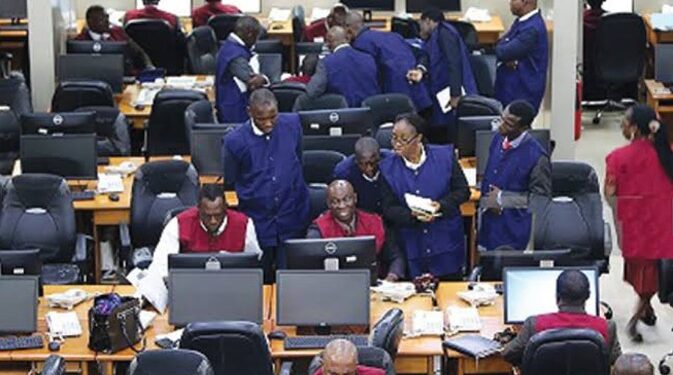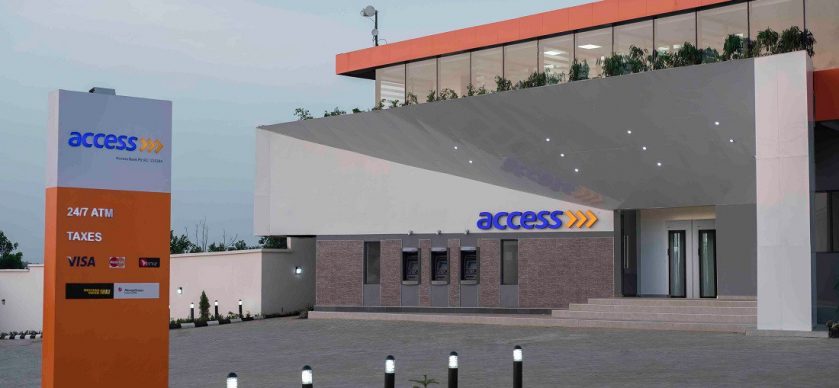Economy
World Bank Projects 3.6% Economic Growth for Nigeria

The World Bank has projected that Nigeria’s economy will grow by 3.6% in 2025, building on a forecasted 3.4% growth in 2024, as the country continues to implement macroeconomic reforms that stabilize the business environment.
The bank’s forecast is more optimistic compared to the International Monetary Fund (IMF), which revised its 2025 growth projection for Nigeria down to 3.0%.
Read Also:
The World Bank attributes the expected economic recovery to improved performance in non-oil sectors such as financial services, telecommunications, and information technology, along with a gradual rebound in oil production that is projected to align with Nigeria’s OPEC+ quota.
The bank anticipates that Nigeria’s economic growth will further increase to 3.8% by 2027, assuming current reforms continue to be implemented effectively. The report highlights that the service sector, particularly finance, ICT services, and transportation, will drive growth, while the oil sector will contribute to a lesser extent.
On inflation, the World Bank forecasts that headline inflation will ease to 22.1% in 2025, down from 26.6% in 2024, and further decline to 15.9% by 2027. These forecasts are based on adjusted Consumer Price Index (CPI) figures, following a rebasing exercise by the National Bureau of Statistics in January 2025.
In contrast, the IMF’s outlook remains cautious, with projections of inflation averaging 26.5% in 2025, potentially rising to 37.0% in 2026. The IMF attributes this persistent inflation to structural inefficiencies, weak supply response, and exchange rate volatility, despite ongoing reforms.
The World Bank also noted that the naira has been one of Africa’s worst-performing currencies in 2024, having lost over 40% of its value. However, it recognized that recent reforms have improved foreign exchange liquidity, helping to stabilize the currency in early 2025.
On the external front, Nigeria’s current account position is expected to remain strong, with the World Bank projecting a slight increase in the current account surplus from 9.2% of GDP in 2024 to 9.4% in 2026. This surplus is supported by lower imports, increased remittances, and higher oil exports.
The IMF, however, projects a narrowing of the surplus, citing concerns over prolonged low oil prices. Recent reports indicate that Nigeria recorded a balance of payments surplus of $6.83 billion in 2024, driven by a goods trade surplus of $13.17 billion.
The World Bank also highlighted that Nigeria is home to 15% of the world’s extremely poor people, with over 106 million Nigerians living on less than $2.15 a day, which is considered the global threshold for extreme poverty. Despite being Africa’s largest economy, Nigeria continues to face challenges in reducing poverty, with the World Bank projecting that poverty rates will increase by 3.6 percentage points between 2022 and 2027.
The report calls for urgent reforms in Nigeria to address the poverty crisis, especially as the country remains the largest contributor to extreme poverty in Sub-Saharan Africa.



